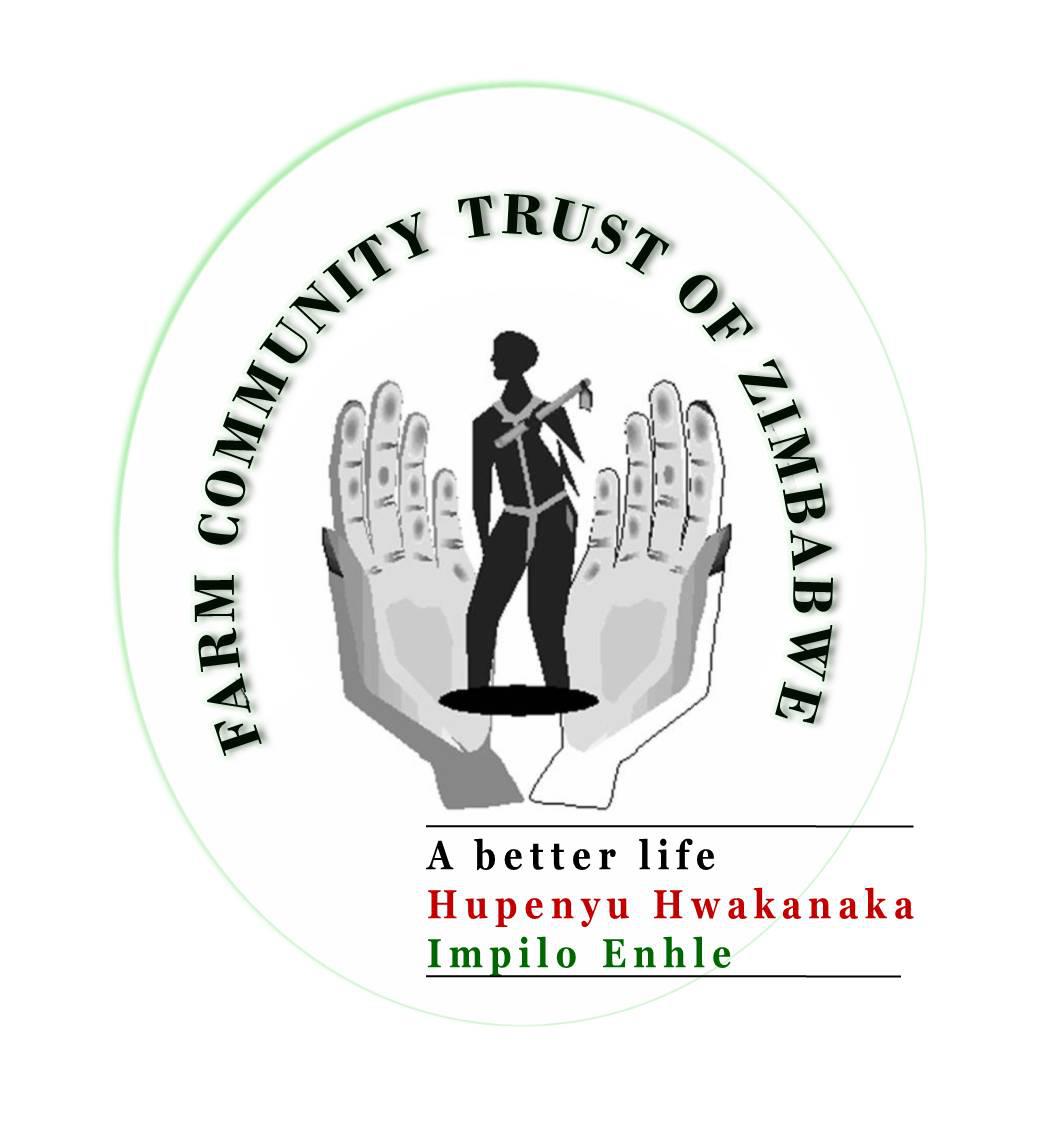Location
Farm Community Trust of Zimbabwe (FCTZ) is a Zimbabwe NGO formed in 1996 to respond to the growing demands for development services in the large-scale commercial farming areas.
Members:
Resources
Displaying 1 - 5 of 6Report of the Workshop on Housing and Tenure Security for Farm Workers in Newly Resettled Areas
Focuses on the situation of farm workers after the fast-track land resettlement programme, including issues of housing and tenure security. Includes presentations from GAPWUZ, FCTZ, and some researchers, and a report of the discussions. Annexes contain full presentations. Recommendations include that under-utilised land be made available to farm workers. The Portfolio Committee on Agriculture has since asked FCTZ to facilitate public hearings on the issue in January 2006.
a report prepared for the Farm Community Trust of Zimbabwe (FCTZ)situation of commercial farm workers after land reform in Zimbabwe
The Situation of Commercial Farm Workers after Land Reform in Zimbabwe
An executive summary and recommendations are followed by 5 chapters: on the land question, reform and farm workers; the scope and process of fast track reform; the impact of land reform on farm workers’ livelihoods; food security, vulnerable groups, HIV-AIDS and coping strategies; and after the ‘promised land’ – towards the future. Study reveals that by early 2003, only about 100,000 of the original c.320,000 farm workers were still employed on the farms, the others are jobless and landless and have lost their entitlement to housing, basic social services and subsidised food.
Report of the Southern African Regional Conference on Farm Workers’ Human Rights and Security, Harare, Zimbabwe
An in-depth report including a regional overview; summaries of country presentations (Swaziland, South Africa, Namibia, Mozambique, Malawi, Lesotho, Zambia, Zimbabwe); thematic papers (including implications for land reform, HIV/AIDS, the global agri-food industry, implications of agricultural and trade liberalisation, lessons from the farm worker programme in Zimbabwe); running themes (conditions of service, citizenship and citizen rights, globalisation, land reform, farm visits, the way forward); annexes (communique, proposed regional network of NGOs and working strategy for trade unions,
Rural Poverty: Commercial Farm Workers and Land Reform in Zimbabwe
Introduction, policy issues on farm workers in the land reform discourse, current political realities, the fast track land reform programme, conclusion.



